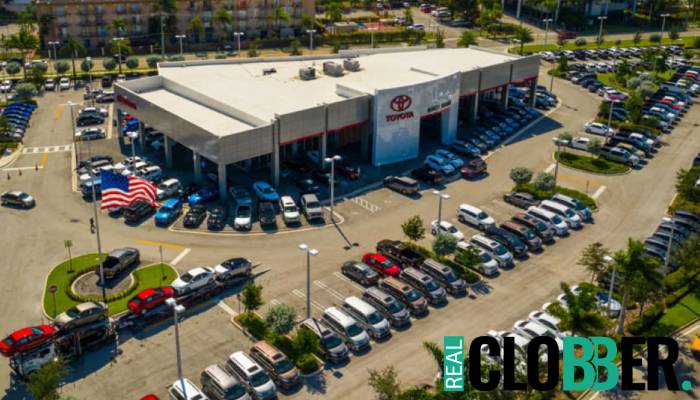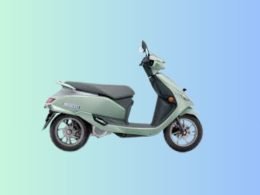Asian automakers faced sharp declines on Monday after U.S. President Donald Trump imposed sweeping tariffs on Mexico, Canada, and China. The move triggered fears of weaker demand and a potential global economic slowdown.
Japanese and South Korean car manufacturers, many of which have operations in Mexico, were among the hardest hit. Toyota and Nissan saw their shares drop over 5%, while Honda tumbled more than 7%. South Korea’s Kia Motors also fell nearly 7%.
The impact extended beyond automakers. South Korean EV battery firms, including POSCO Future M and EcoPro BM, saw their shares plunge by 9.1% and 8.7%, respectively. Taiwanese tech giants with factories in Mexico, such as Foxconn, Quanta, and Inventec, also suffered losses between 8% and 10%.
Trump’s tariffs include a 25% duty on Mexican and most Canadian imports and 10% on Chinese goods. In response, Canada and Mexico announced retaliatory measures, raising concerns about prolonged trade tensions.
The broader market also felt the hit, with Australian mining giants BHP, Rio Tinto, and Fortescue dropping between 2% and 5%. Investors are now watching for further trade developments and potential shifts in major automakers’ production strategies.
As trade tensions rise, Asia’s automakers and suppliers face an uncertain road ahead.










